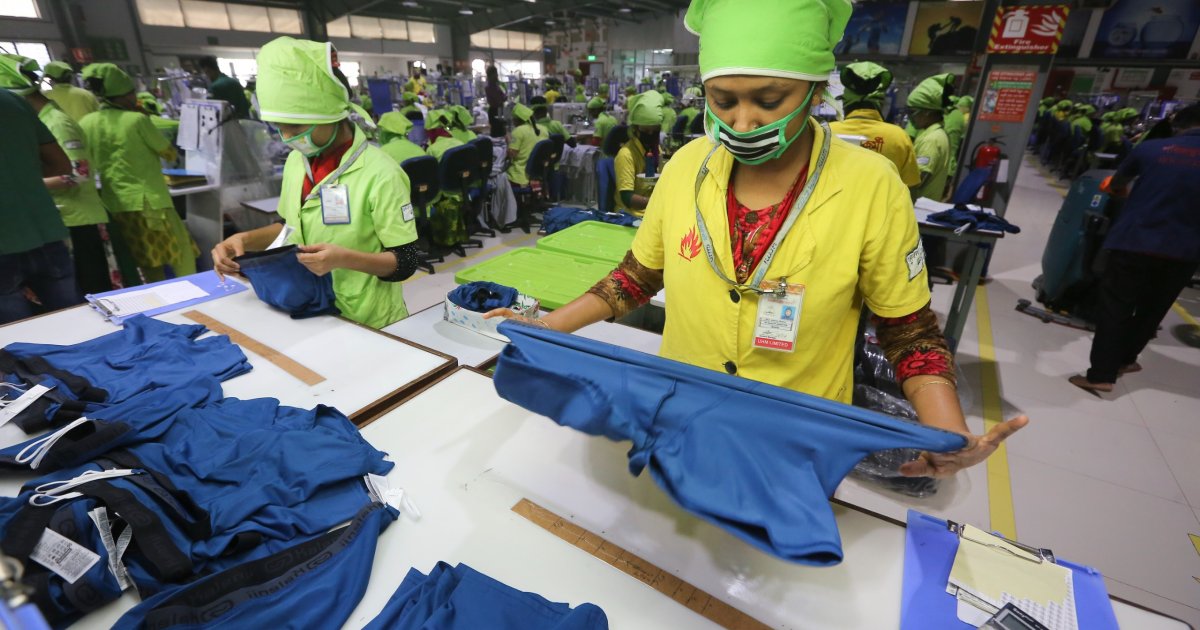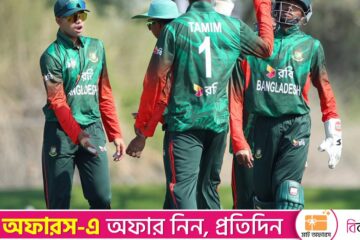78% of garment workers in Bangladesh cannot provide sufficient food for their families, and about 32% earn below the minimum wage. One in eight workers is trapped in debt, and working 12 hours or more in sub-contracted or mixed factories remains common.
A joint study by the Bangladesh Labour Foundation (BLF) and the Rights Lab at the University of Nottingham highlights ongoing forced labour and child labour, especially in lower tiers of the supply chain.
Around 80% of child workers are in sub-contracted or mixed factories, working over 36 hours per week, often with forged age documents. The study found higher child labour rates in Chittagong than in Dhaka, with 98% of surveyed children out of school due to financial hardship.
The report recommends implementing living wages and ensuring educational opportunities for children.
At the event, BLF’s program coordinator AHM Morshed delivered the welcome speech. The research findings were presented by program officer Md Zubaer Alam. Additional speeches were given by GoodWeave’s country coordinator Shahinur Rahman and BLF’s senior program officer Yasin Arafat.
Speakers emphasized that as Bangladesh prepares to graduate from least developed country (LDC) status, eliminating forced and child labor from the garment supply chain is crucial, particularly in light of the EU’s Forced Labour Act.
They urged the government, entrepreneurs, and international partners to advance Bangladesh’s garment industry ethically and sustainably.



